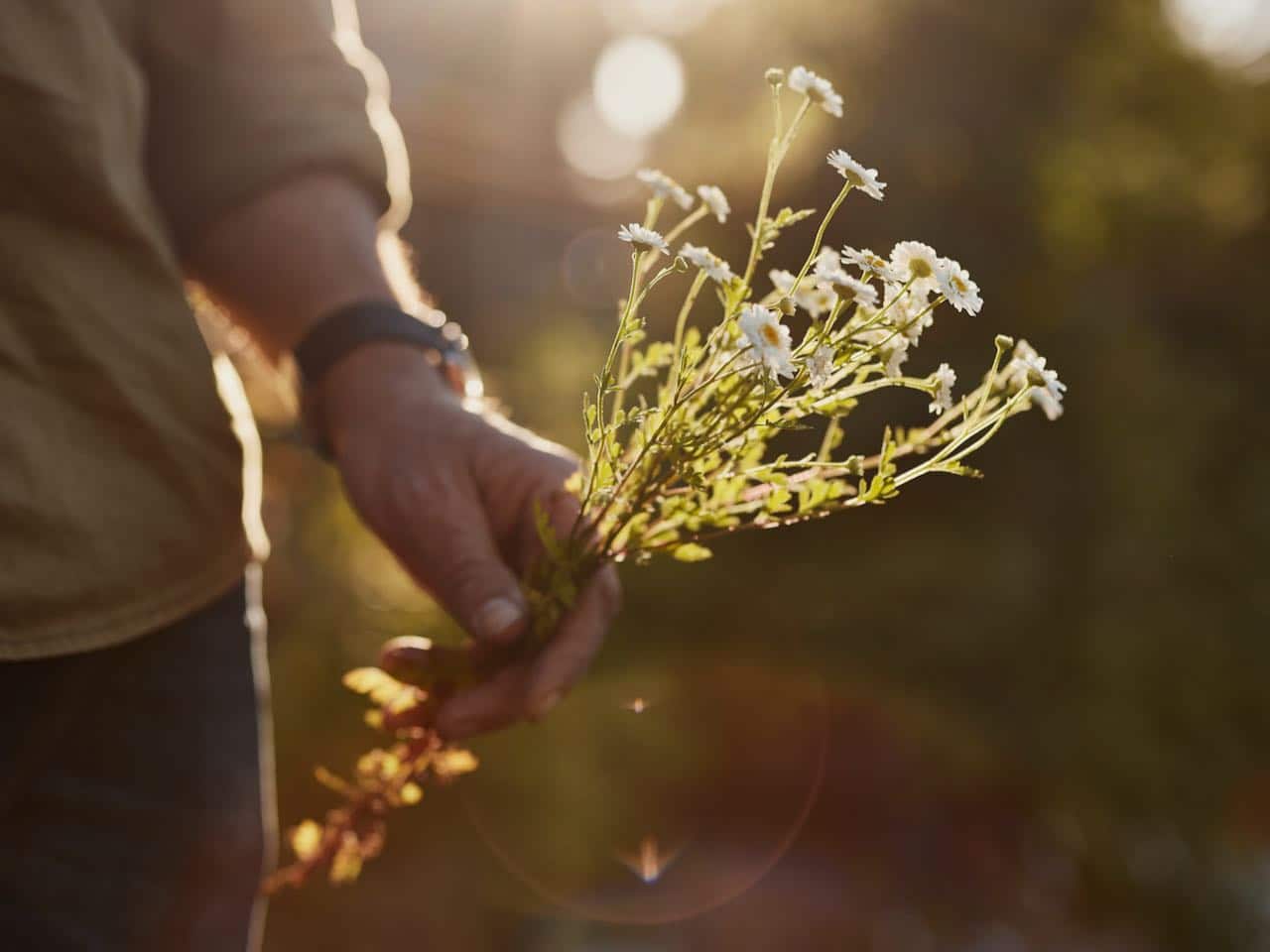
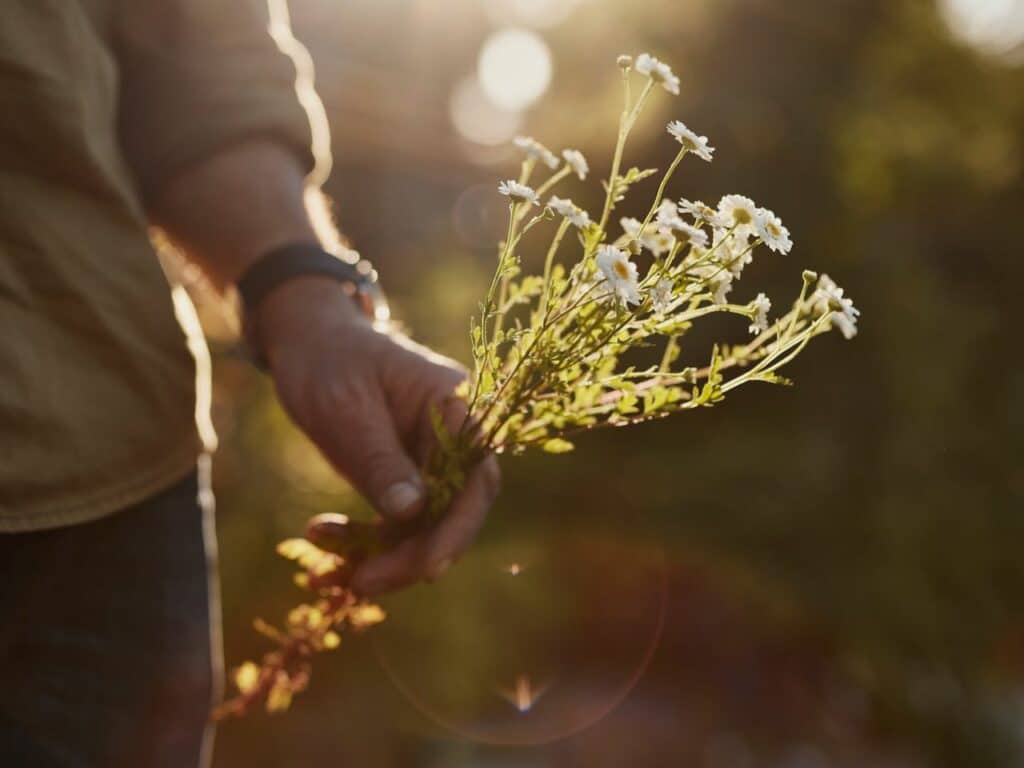
I’m going to start off here with an extract from the intro section of our latest book The Milkwood Permaculture Living Handbook – I’ll explain why later – let’s dive straight in.
Habits, hope and connection – how can we use the first one to create more of the other two?
Cultivating connection gives our lives meaning and, importantly, places us in relationship – to each other, to land and to other animals and plants. These relationships require reciprocity, attention and care. These relationships also change us.
In this time of ever-escalating and overlapping crises, the health of our ecosystems, our communities and other communities far beyond ours urgently requires us to engage and connect.
We know we have to do something, and keep doing it. We know that grassroots movements can change the world. We also know the problems we collectively face are very big and it’s all incredibly daunting. Despite all of this, you may want to ask, ‘How can I become self-sufficient, hole up here and never go out again?’
I’d like to suggest that your ongoing health and resilience – indeed your entire future – lies not in the goal of self-sufficiency, or some bunker mentality where the outside world is no longer connected to you, but rather in re-establishing and creating more connection instead.
Connections to your ecosystem and connections to your community. We need the plants, places and people around us to thrive. Disconnection – from land, from the people who produce our goods, from our food and from each other – is partly what got us into this mess to start with.
So, if the urge to establish a mini-fortress (in your backyard or in your heart) in response to the huge problems we face isn’t the best way through this… what can we do, starting from where we are?
Connection is key
We’ve been asked these questions for decades by permaculture students searching for answers, and the best answer I can give – informed by many thinkers, knowledge-ways, elders and my own experience – is this:
the more we can each live in relationship and reciprocity with our ecosystems, and the more we can incorporate connection and meaning into our everyday life through our choices and habits (even if those choices feel tiny against the world’s problems), the more connection and purpose we can infuse into our lives.
And the more we can cultivate connection, meaning and purpose in our lives, the more we are able to cultivate hope. A grounding in hope can support us to take action, even when the problems we face seem, at times, overwhelming.
I am not talking about whimsical hope here, pinning our hope on a fancy. I’m talking about tough, robust, active hope. Hope that is cultivated by action.
Hope is a powerful place to be coming from when it comes to endurance and action. In fact, unless you’re going to be motivated purely from a place of fear (which I don’t recommend, if you can avoid it), hope is essential to action.
And, as in the cycles of our ecosystems, there’s a feedback loop here, too. Just as hope leads to action, action in turn leads to more hope. It’s this momentum that will propel us forward.
But what does hope look like in urgent times, in the face of the scale of our collective challenges and the smallness of our everyday lives?
It looks like the things that make up our days: our habits, our choices, our actions, our chores, our work, and our rest and downtime, too.
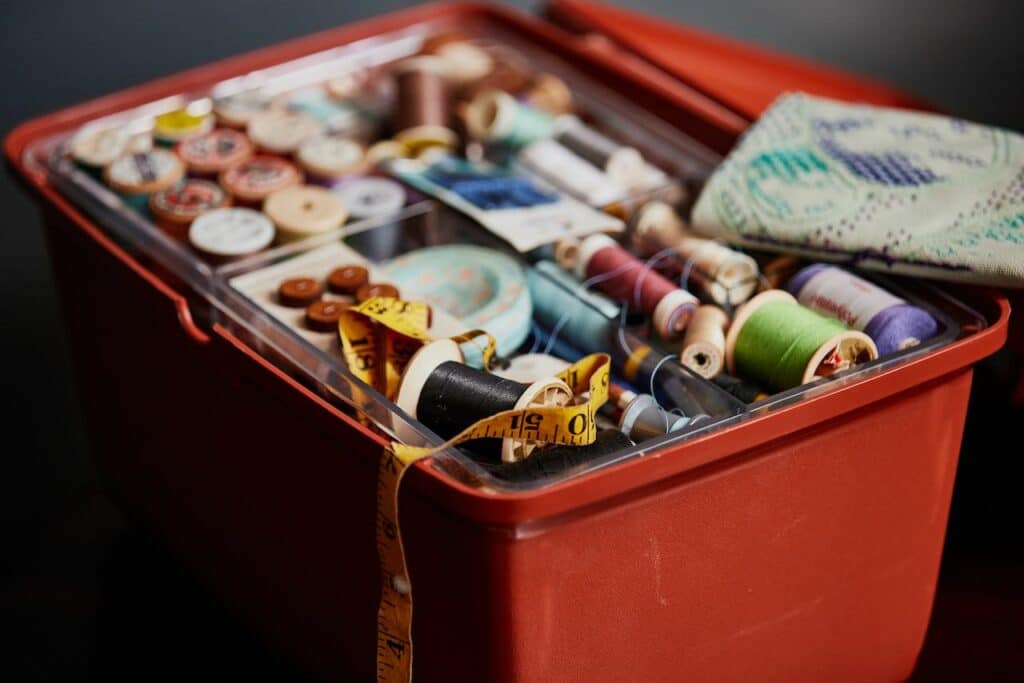
The power of habits
Day in, day out, our lives are full of actions and habits: some conscious and many unconscious. What if your habits could help create a better world, just a little bit at a time, while you went about your normal day? They can.
Your habits can allow you to translate your hopes for the world you want into your everyday life.
Habits are how you eat your eggs, or how you make your coffee, or what you drink, or don’t, or how you get to work and back again. But habits can also be a powerful vote for resilience and justice and small-but- significant acts of defiance.
Habits are slow, flying in the face of our current culture, and can be used to resist, and revolt, and reimagine more just and lovely worlds. Habits can help us imagine and create the worlds that we need, and the futures that we need. Starting right at your breakfast table, before you’ve even started your day.
At best, habits can transform your life, and help change the world – on the small scale and on the large.
At worst, habits can be insidious things that damage your body and your mind. And beyond you, they can uphold unjust regimes, reinforce racism, oppress peoples and deplete landscapes and futures.
Simply put, habits are powerful. So let’s invite better ones into our lives, and create new worlds with more justice and abundance and hope. One little habit and one little step at a time.
But how to get started with habits that are truly world-changing? And how do you ground yourself and create resolve to keep going in the face of so much grief, challenge and change?
Happily, there’s many design and thinking systems that can help us chart a course forward to the futures we need. One of them is permaculture, which we explain here…
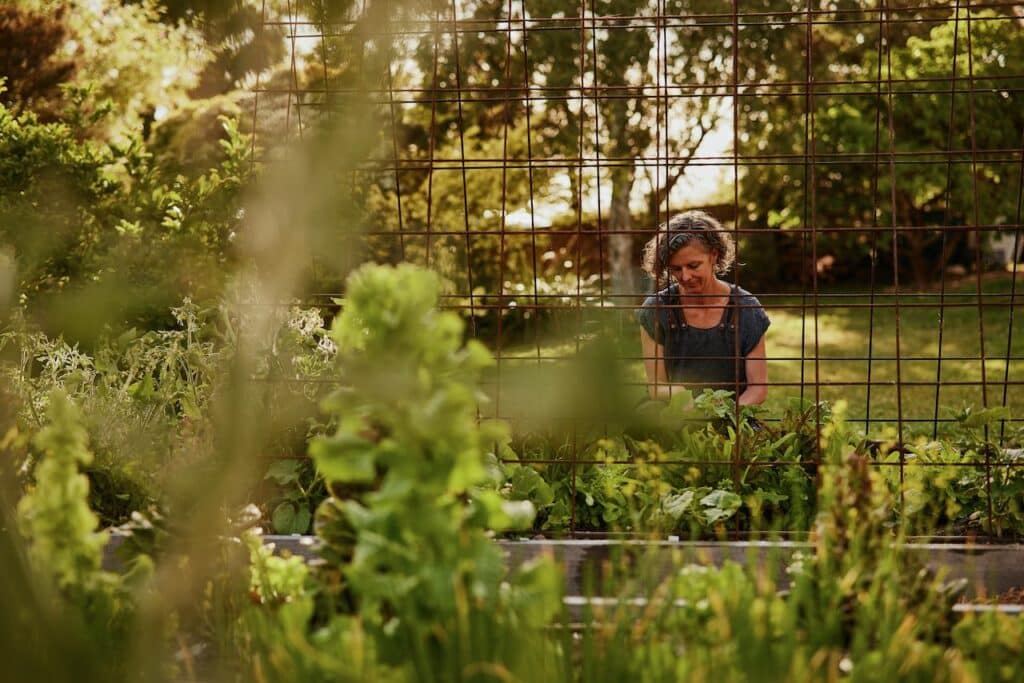
Can small changes in big times matter?
We live in unprecedented times – or so we’re often told these days.
The negative effects of hundreds of years of industrialisation, colonialism and capitalism on our planet are now completely undeniable: scarred landscapes and hurting soils; cultures, languages, lives and wisdom lost to the violence of colonisation; depleted water tables; species gone forever; civil unrest; even the air we breathe with its rising levels of carbon dioxide.
I know it’s easy to feel like you’re living at the end of the world, right now.
And on top of all that, we’re fed the message that the environmental devastation and the plastic bags choking our oceans are our fault, as individuals; that the reason these problems exist is that we didn’t try hard enough, or turn off our lights when we left the room, or we drove our cars more than we should, or we forgot our reusable cups again.
This individualised blame fits neatly into an individualised culture and has been deliberately cultivated by the fossil-fuel giants to distract us from their climate wrecking.
So, I want to be very clear here at the start of this book: the responsibility for the environmental and cultural devastation of our Earth and peoples rests primarily with the huge companies and unjust power structures in our societies – from imperialism to multinationals – that have consistently, over hundreds of years, put power and profit before people and ecosystems.
And then, as if that wasn’t audaciously evil enough, these same industries have created massive marketing campaigns to place the responsibility to ‘do the right thing’ entirely on you – the end user – rather than owning their impact as the cause of so much harm, all in the name of power and profit.
There’s plenty to get angry about with this global gaslighting. And I believe you should be angry; exercise your democratic rights and do whatever else you can to hold the systems and powers that created this complete mess to account.
Grassroots movements of people joining together can change the world for the better: they have done before and will do again.
Everything is connected
However, everything is connected, and what each of us does matters, especially when it’s combined with what others are doing. This forms the foundation of connected, collective action: these small actions (or habits, if you’re doing them regularly) can create powerful networks and systems.
We need collective power, and we need to work together.
Thousands of small acts create positive change. Look at nationwide, citizen-led projects of renewal, fossil-fuel divestment movements, workers’ picket lines and the school climate strikes. Look at our previous successes, such as when ordinary workers banded together to push for an eight-hour work day and an end to child labour in the face of huge, profit-focused opposition.
It wasn’t thought possible, until ordinary people began working together and forced the change.
We are all individuals, not corporations, so we can only ever do small individual acts. But when done with others in community, these small acts create movements, can shift power bases, make new futures possible and change everything.
So, yes – you have responsibilities to your ecosystem and your community, now and always. But that’s not the same as being the cause of this enormous mess that we’re all in, or bearing the guilt for it. That is not on you.
And yet, we must each participate in finding the solutions to these massive challenges. This part is on you, as a member of your ecosystem and your community.
The power structures that created this damage and injustice are not going to suddenly dismantle themselves, or spontaneously repair the damage they have caused.
In reciprocating the gift of being alive and nourished by this incredible Earth, we must all be part of the solutions our planet and ecosystems need, right now.
So being a good ancestor is about understanding the sources of the damage, and using your vote and your body and your words and your head and your heart to stand up alongside others and effect change, as part of whichever movements, petitions, marches, creative interventions, campaigns or class actions you choose, or whatever is within your abilities to participate in and show up for.
Another part of being a good ancestor is figuring out how to live your days in between the protests and the big actions in a way that sustains and nourishes you, while creating as little harm as you can.
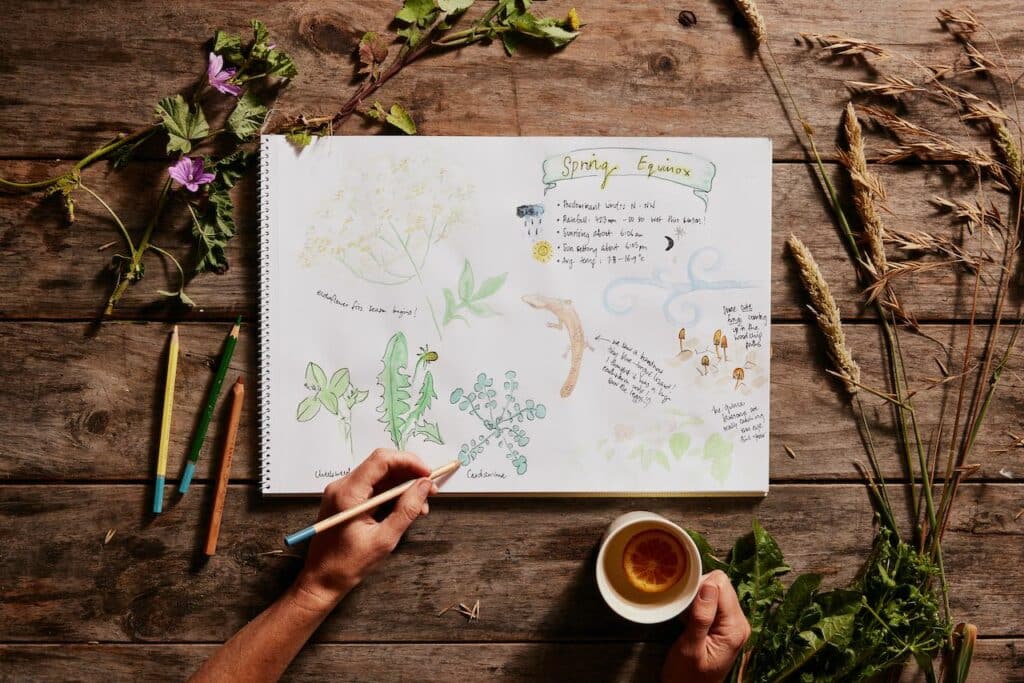
And also
You can fight the powers that be and also choose to live like it matters – wherever you live. You can take big action and also practise accountability in your daily habits.
You can resist, defend and help create a new world and also practise gratitude for the ecosystem you live in by tending to the reciprocity required of you by your local soils, waters and other living things.
These traumatic times call for living with intention and with care, to ensure we can keep going while keeping our heads on straight and our hearts open. It’s hard.
Fortunately, your ecosystem has a lot of wisdom on this ‘how to keep going in unprecedented times’ front, and can really help you out if you’re willing to learn from it.
There is so much to be thankful for. Our ecosystems are so generous to us, even as they’re hurting and changing. They’re committed to life, and you get to be a part of that generosity.
You will be part of your ecosystem each day of your life. You owe the simple fact that there’s oxygen for you to breathe to the plants and algae around you. Your daily sustenance depends on the soil, plants, insects and animals of both your ecosystem and other ecosystems far beyond.
With this residency of yours comes a life lived in relation to the plants, animals, microbes, water and people in your ecosystem, whether you know their names or not. City or country, it doesn’t matter.
The life of your ecosystem is all around you and inside you – it is you. You’re part of it all, and it’s helping to sustain your every breath, meal and movement.
So, how will you choose to live – at this time on Earth, with all our collective problems, in this damaged-but-still-generous ecosystem in which you find yourself?
Will you live in a way that cultivates a sense of reciprocity and belonging? Would you like to live your days in a way that creates minimal harm, while contributing purposefully to a more positive future for you, your household, your community and all the life around you?
This is big stuff. And it is also the smallest stuff.
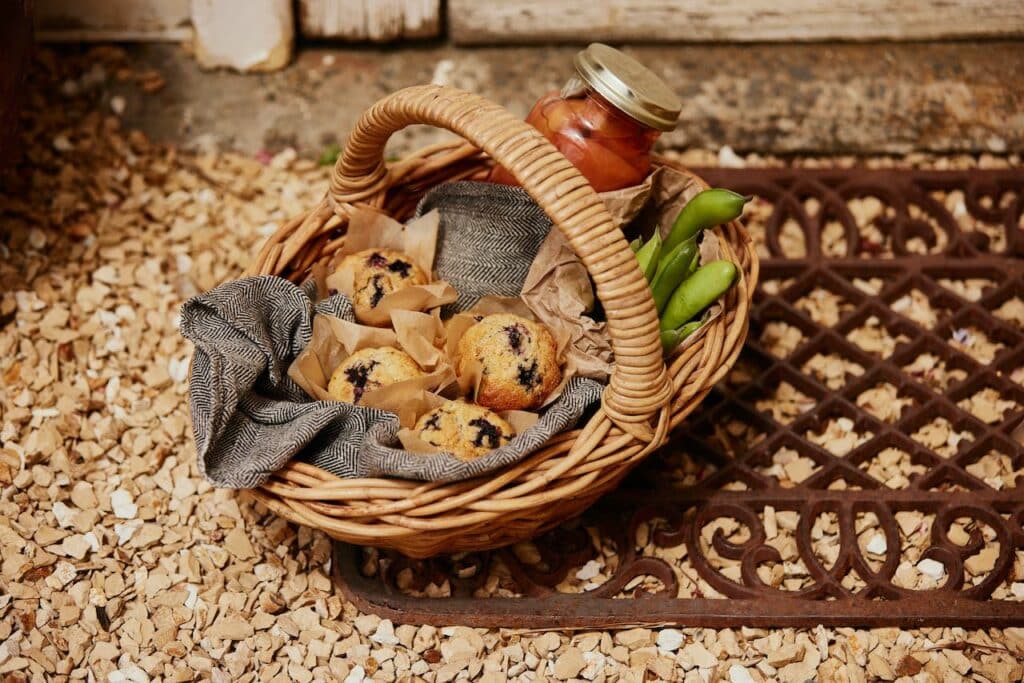
The above is an extract from the intro section of our latest book The Milkwood Permaculture Living Handbook, which is itself a partner to the Permaculture Living course, which we teach 4 times a year.
In addition to these in-depth resources, we felt it might be useful to share some of these habits on a weekly basis – as a prompt of sorts – for you to think about, and then go on to learn more about in whatever way suits you…
Habits for Hope – a new lil’ Milkwood project
So! From here on in, we’re going to be sharing a series of Habits for Hope, for you to try out. A huge range of actions, practices and good ideas. Some big, some small. All of them with the ability to shift worlds, and cultivate community, and also Make Life Better, at your place.
They’re snippets from our latest book, The Milkwood Permaculture Living Handbook. But all these ideas belong to all of us, and always have.
We are co-creating the future every day of our lives, and we can do that in a way that creates more equity, more justice, more deliciousness, and which leans towards life – each and every day.
We’ll file all these habits under the Habits for Hope category, which will grow over the next year. We can’t wait to see which ones resonate for you, to help you lean towards life, a little more each day x
If you would like future articles like this sent straight to your inbox, you can subscribe here. It’s free (yay).
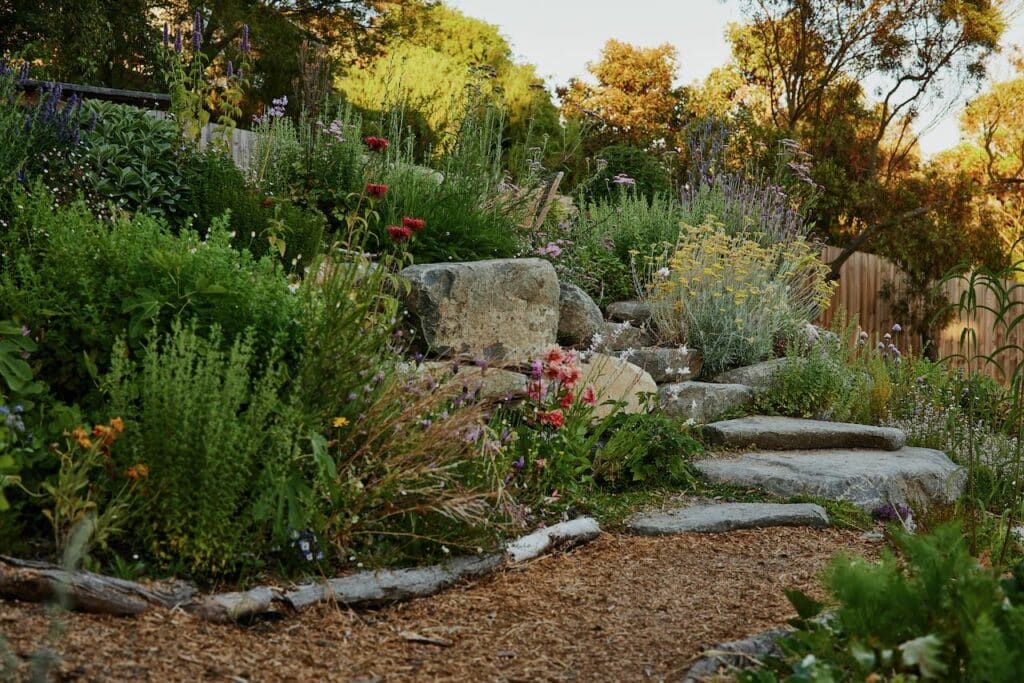
Further reading on Active Hope, Habits and Connection
- Active Hope is a Practice – a conversation – from APC 2023
- What is Permaculture – another extract from our latest book
- Sand Talk: How Indigenous thinking can save the world by Tyson Yunkaporta
- Braiding Sweetgrass: Indigenous wisdom, scientific knowledge and the teachings of plants by Robin Wall Kimmerer
- This Changes Everything: Capitalism vs the climate by Naomi Klein
- The First Knowledges series by various authors
- Emergent Strategies: Shaping change, changing worlds by adrienne marie brown
- Hope in the Dark: Untold histories, wild possibilities by Rebecca Solnit
- Active Hope – website, resources and book by Joanna Macy et al
- Being a Good Ancestor: How to Live a Life with Many Generations Down the Line in Mind
All images above by Sam Shelley, taken for The Milkwood Permaculture Living Handbook – thanks Sam!
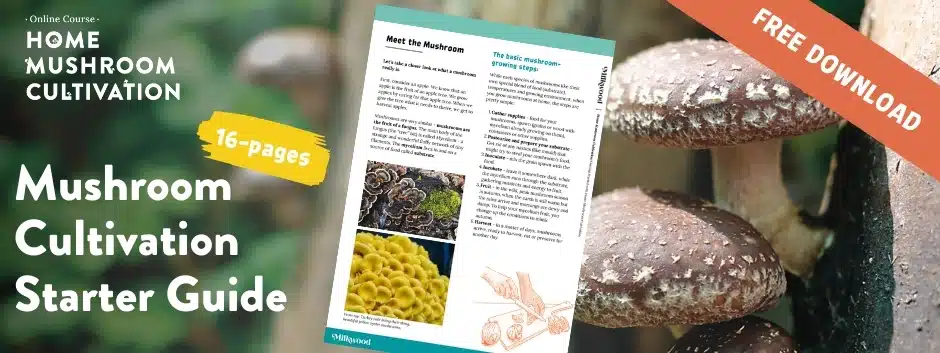
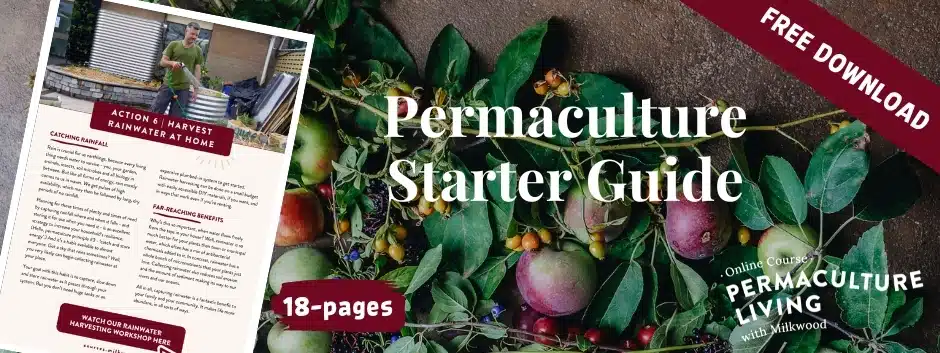
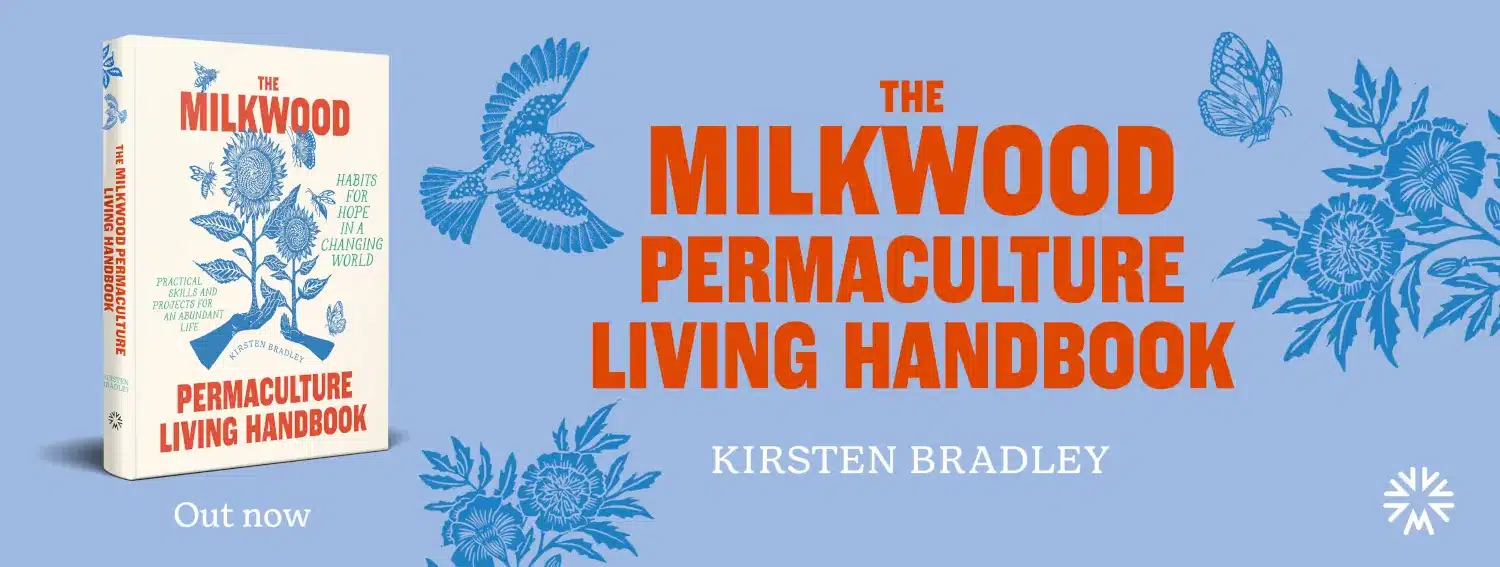
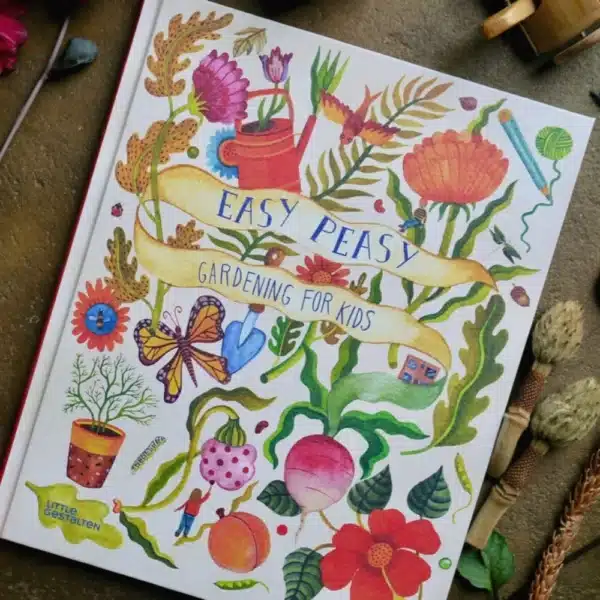
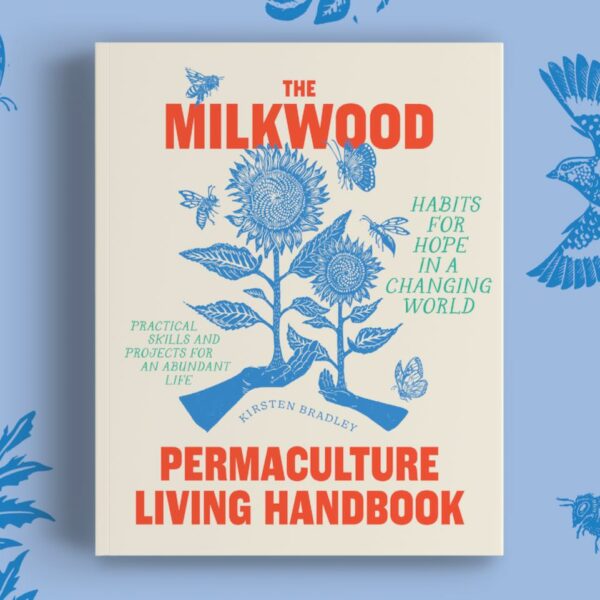
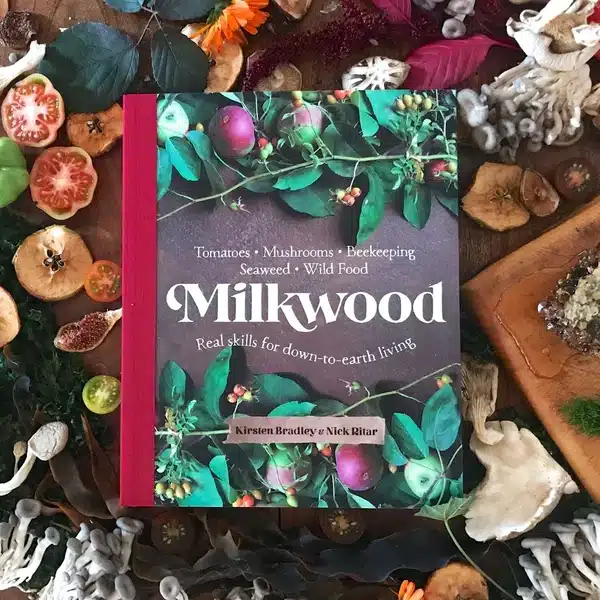






Thank you, I love this idea of mini habits to build hope and connection. I did your course the first time you ran it, and was so inspired, sadly I don’t have a real life community arond me and I’ve slipped back to despair and what’s the point thinking. My mini fortress, which is actually huge and solid, around my heart, I thought would protect me, has instead lead me to feel isolated and alone. I’m very keen to be inspired again, to find braveness to live my life in alignment with my values even when they leave me feeling like an alien. I… Read more »
Oh Kate you are so welcome – both here, and also inside the Permaculture Living course and student community, which you’re still a part of? (lifetime access, yay) – you’re welcome back in there anytime you choose, if that helps 🙂 – but also yes, let’s get more of this stuff into our everyday, and build from there 🙂
yes i must get myself back into the student community, i tend to get a tad overwhelmed with some online communities and find it all moves a bit quick and becomes a time soak, trying hard to reduce my online time, but perhaps it’s just about swapping the mindless scrolling for a more inclusive useful community, seeing as I can’t seem to find a real life one near to me
totally understand that 🙂 – and also yep, community where we can find it is key 🙂
Kirsten I get this, and I notice, even within communities of real connection, there can be disagreements, peoples priorities, etc. We still have the same 24 hours as everyone else. I like the book re Habits also, then started to think “can I ever do all this” which is not the idea of it! So I do what works for me and leave the rest. I then just go thru the book, if I feel like I need a new idea.
I really resonate with all this but one thing I see again and again in the self sufficiency groups is the ‘doomsday bunker’ mindset. To anyone who feels that way, it’s important to remember that we are humans and humans are social creatures. There’s a reason it’s considered a human rights violation to put a prisoner in isolation for extended periods of time. And it also means you don’t have to do EVERYTHING. Sharing the load means more resources and better results. Plus it avoids weird inter-family relations and cult vibes haha.
Hi Steph, re cult vibe: some things are now mainstream, that were not widespread in past years/decades. Example, in this very ordinary working-class suburb, there are solar panels on a few rooftops now. Back when I got my solar water heater, I was the 1st kid on the block, but solar in Aus now is here with bells on. This helps with the “cult” vibe, I think, when a person is not the only one.